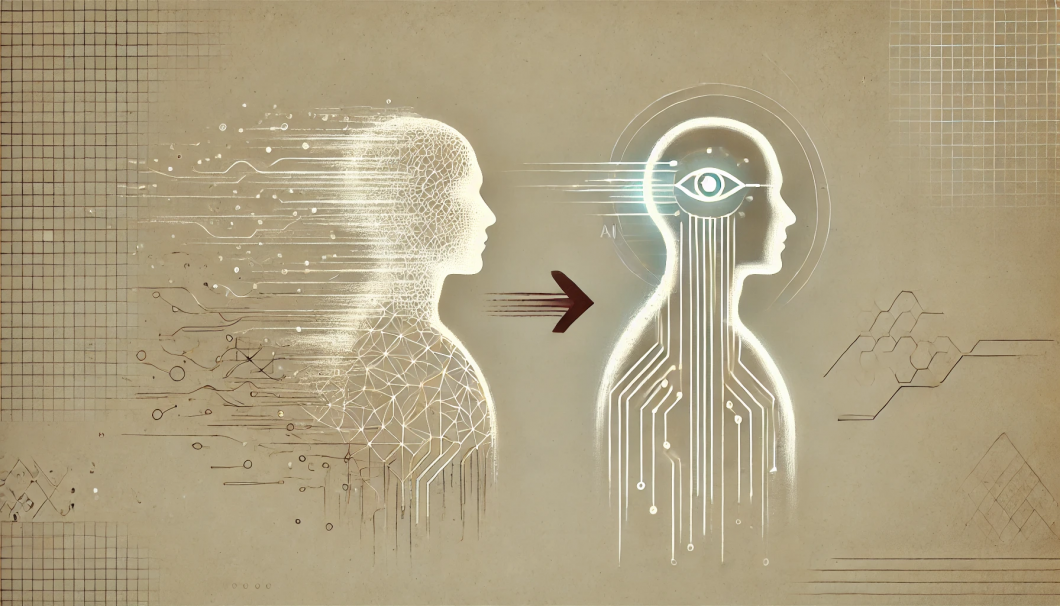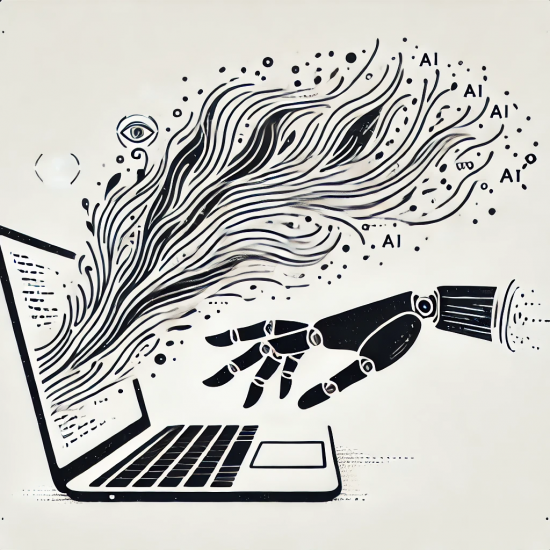Artificial Intelligence (AI) has revolutionized multiple industries, from finance to healthcare, automating tasks once considered exclusive to human intelligence. Knowledge workers (professionals whose primary asset is their intellectual capability) are among those significantly impacted. While AI is replacing certain roles, it is also creating new opportunities, redefining the nature of knowledge work rather than eliminating it entirely.
How AI is Replacing Knowledge Workers
AI automates many knowledge-based tasks, streamlining workflows and reducing the need for human intervention:
- Routine Cognitive Tasks: AI-powered tools handle repetitive processes like legal document review, financial reporting, and customer support via chatbots, minimizing manual labor in these fields.
- Content and Code Generation: AI can draft reports, summarize articles, generate marketing copy, and even assist in software development by suggesting or debugging code, making professionals more efficient.
- Data-Driven Insights: AI-driven analytics power risk assessment, fraud detection, and predictive modeling, allowing businesses to make faster and more accurate decisions.
- Research and Knowledge Retrieval: AI can rapidly sift through vast datasets, extracting meaningful insights for medical research, legal cases, and business intelligence.
- Automated Customer Interaction: AI chatbots and virtual assistants now handle millions of inquiries daily, reducing reliance on human support staff.
- Design and Engineering Support: AI optimizes architectural blueprints, engineering schematics, and even artistic creations, aiding professionals in their creative workflows.
As AI becomes more sophisticated, knowledge work is shifting toward augmentation rather than replacement, emphasizing higher-level thinking over routine execution.
Where AI Falls Short
Despite its impressive capabilities, AI is not a perfect substitute for human knowledge workers. Several areas remain beyond its reach:
- Creativity and Innovation: While AI can generate content and assist in brainstorming, it lacks the intrinsic human ability to think abstractly, conceptualize new ideas, and break conventional boundaries.
- Complex Decision-Making: High-level strategic thinking that requires ethical considerations, intuition, and experience remains uniquely human. AI can offer recommendations, but ultimate decisions often require human judgment.
- Emotional Intelligence and Interpersonal Skills: AI lacks empathy, making it ineffective in fields requiring deep human connection, such as counseling, leadership, and negotiations.
- Adaptability in Unstructured Environments: AI struggles with ambiguity and scenarios where predefined patterns do not apply, making it less effective in unpredictable and fluid environments.
The Future of Knowledge Work
Rather than complete displacement, AI is expected to transform knowledge work into a hybrid model where humans and machines collaborate. Some key trends include:
- AI-Augmented Workflows: Professionals will leverage AI tools to enhance productivity rather than replace their roles. Lawyers, doctors, and analysts will use AI to process data while focusing on higher-level decision-making.
- Shifting Skillsets: The demand for traditional knowledge-based roles will decline, but new jobs requiring AI literacy, critical thinking, and ethical oversight will emerge.
- Rise of AI-Enabled Entrepreneurship: AI lowers the barriers to entry for startups and small businesses, enabling individuals to build solutions that previously required large teams.
- Regulatory and Ethical Oversight Roles: As AI expands, there will be a growing need for governance, compliance, and ethical considerations to ensure responsible AI development and deployment.
Conclusion
AI is undoubtedly reshaping the landscape for knowledge workers. While some roles may become obsolete, the ability to adapt, learn, and work alongside AI will define the future workforce. Rather than replacing human intelligence, AI is an augmentation tool—one that, when used effectively, can unlock unprecedented levels of productivity and innovation. The challenge now is not to resist AI but to harness its potential to create new opportunities in an evolving digital economy.



